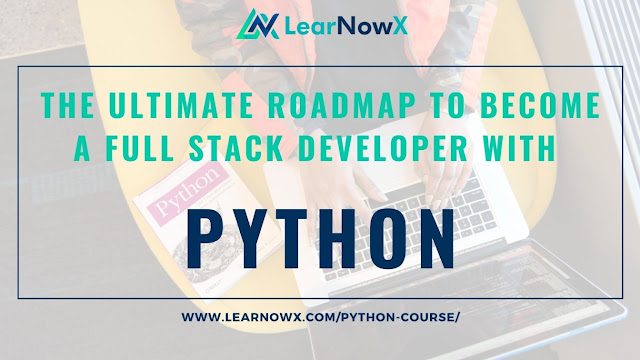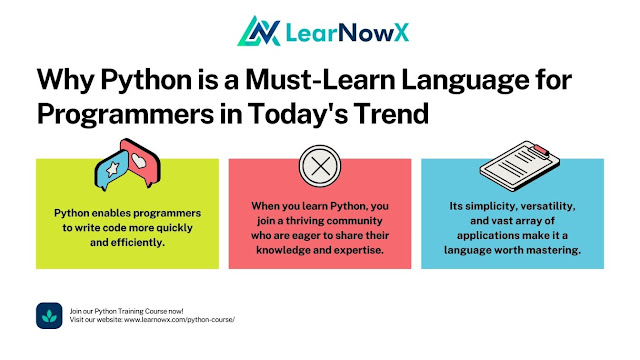Unlock the Power of Python: Your Comprehensive Guide to Quick and Easy Python Programming
Welcome to our comprehensive guide on mastering full-stack development with Python.
Understanding Full Stack Development
Building web apps that include both front-end and back-end components is known as "full stack development." A full-stack developer can independently create whole web solutions since they are skilled in dealing with both client-side (front-end) and server-side (back-end) technologies.
The Components of Full Stack Development
To become a proficient full-stack developer, it is crucial to understand the various components involved. Here are the key elements of full-stack development:
1. Front-End Development
Front-end development focuses on creating the user interface and ensuring an engaging user experience. By leveraging these tools, developers can build interactive and visually appealing interfaces that enhance user satisfaction.
2. Back-End Development
Back-end development deals with server-side programming and data management. It involves working with databases, server-side frameworks, and APIs. With Python's extensive libraries, developers can handle complex logic, perform data processing, and seamlessly integrate with various data sources.
3. Database Management
Database management is a crucial aspect of full-stack development. Database ideas, query languages like SQL, and technologies like MySQL, PostgreSQL, or MongoDB must all be thoroughly understood by developers. Powerful capabilities for interfacing with databases are provided by Python packages like SQLAlchemy, allowing for effective data storage and retrieval.
4. Version Control
Version control allows developers to track changes to their codebase, collaborate effectively, and maintain code integrity. Git, a widely-used version control system, provides developers with the ability to manage code repositories, track changes, and collaborate with ease. Understanding version control is essential for full-stack developers to work efficiently in a team environment.
5. Deployment and DevOps
Deploying web applications and managing the development and operations (DevOps) processes are essential skills for full-stack developers. Understanding DevOps principles and tools enhance the efficiency of the development workflow.
Why Python for Full Stack Development?
Python's popularity and versatility make it an excellent choice for full-stack development.
Conclusion
Mastering full-stack development with Python opens up a world of possibilities. With Python's versatility, extensive libraries, and thriving community, full-stack developers can navigate the complexities of modern web development and deliver exceptional user experiences.
Embark on this exciting journey to become a proficient full-stack developer with Python. Are you ready to take your Python development skills to the next level? Look no further than LearnNowx's Python Training Course! Whether you're a beginner or an experienced programmer, our comprehensive course is designed to equip you with the knowledge and skills needed to excel in Python development. Get ready to unlock your full potential and embark on a transformative learning journey.


Comments
Post a Comment